Resources

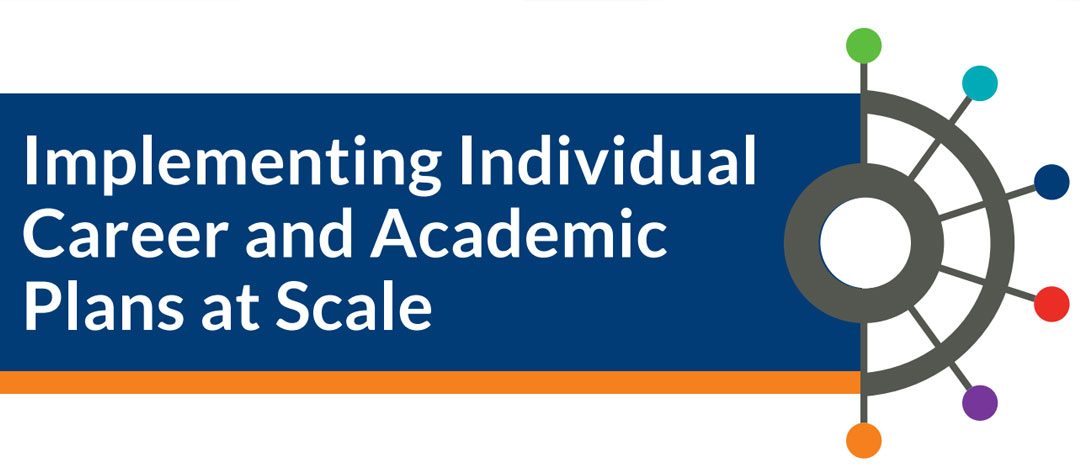
Implementing Individual Career and Academic Plans at Scale
This brief highlights promising practices for ICAP implementation at the state and local levels in Colorado, Massachusetts, Oklahoma, South Carolina and Wisconsin and provides recommendations for further state and local work to scale ICAPs. It was developed through JPMorgan Chase & Co.’s New Skills ready network, a partnership of Advance CTE and Education Strategy Group.

Contribution to Society: Exploring Purpose-Driven Framing for Career Pathways
Contribution to Society: Exploring Purpose-Driven Framing for Career Pathways builds the case for purpose-driven framing for career advising, shares the results from preliminary research into this type of framing and lays out both implications for different populations and future work needed to validate and implement this framing.
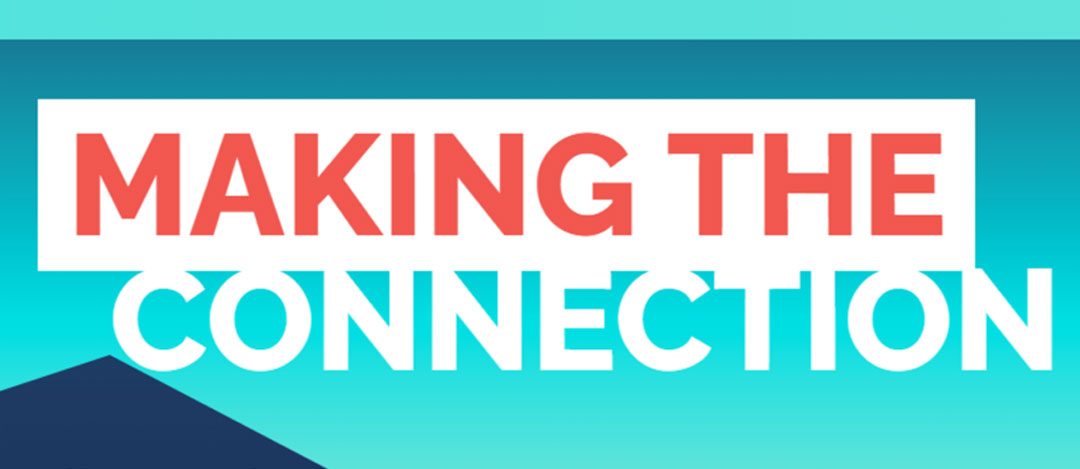
Making the Connection: Aligned Advising
This framework addresses how to align advising, which is essential for opening the doors to postsecondary and career success. Students who receive high-quality advising gain a multitude of academic, navigational, and relational benefits.

Communications Toolkit: Postsecondary Pathways and the Shifting American Economy
This document contains key messages for communicators to use, as well as six important strategy considerations (each with relevant additional resources) to ensure robust, successful communications with families. These ready-to-use resources include key messages, graphics, printable materials, customizable pieces, and more from which communicators can build and execute their own contextualized communications plan.
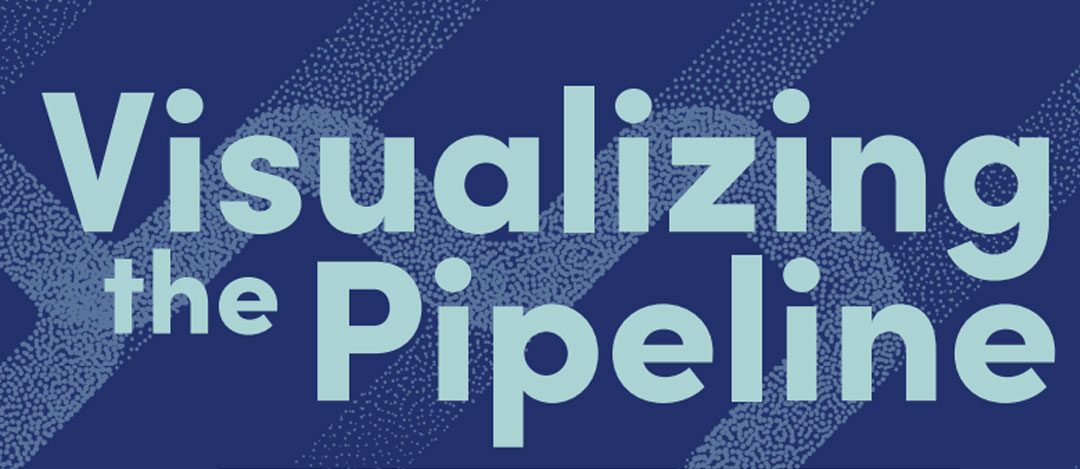
Visualizing the Pipeline: The Importance of Cross-Sector Data
This brief explores lessons learned from states that have developed high-quality cross-sector data dashboards; questions for policymakers to consider when undertaking a data visualization project, and recommendations for how to effectively build out an early childhood to workforce data dashboard that can drive policy and inform the broader public about the state’s talent pipeline.
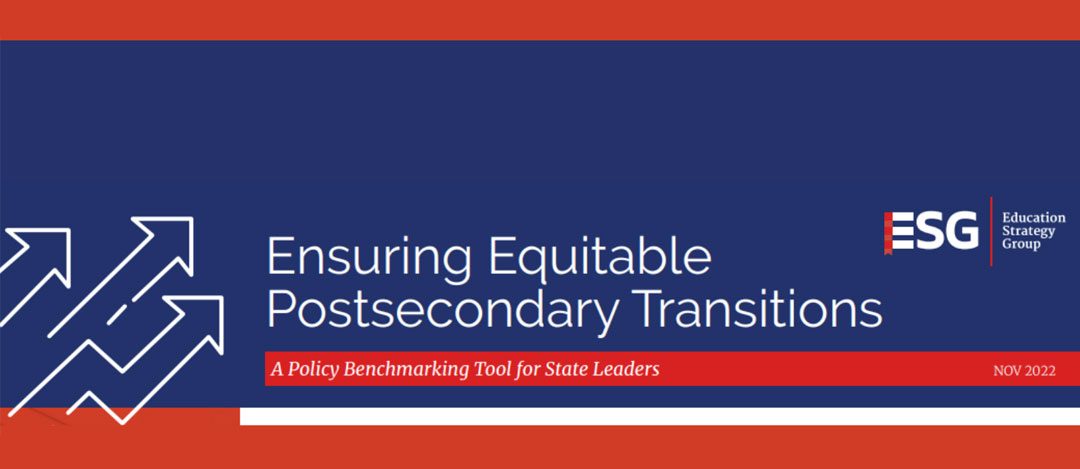
Ensuring Equitable Postsecondary Transitions
This resource lays out the highest-leverage actions that states can take to close equity gaps in students’ postsecondary preparation, access, and success. This tool is intended to help state education leaders benchmark their current policies, programs, and initiatives against the recommended strategies and learn what each strategy looks like in action in order to support more equitable postsecondary transitions.
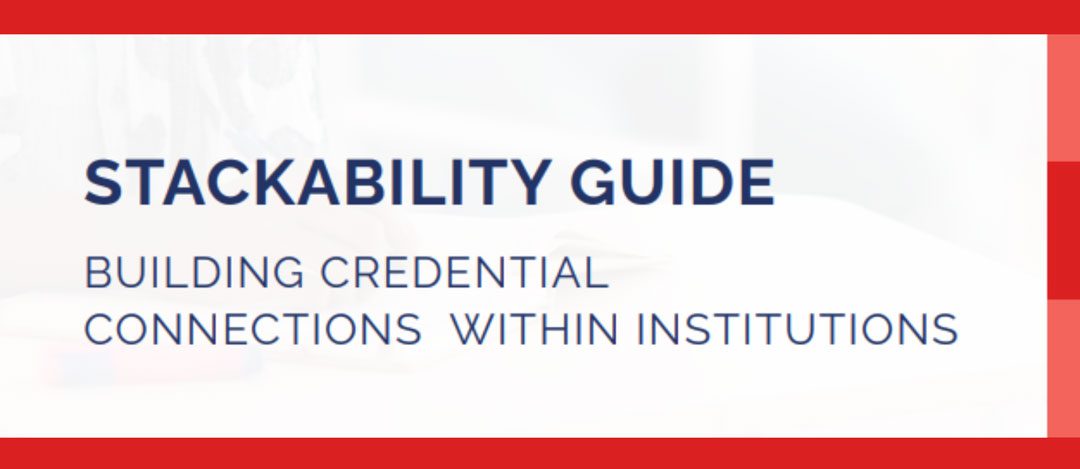
Stackability Guide: Building Credential Connections Within Institutions
This guide is designed to help institutional leaders move stacking credentials from a concept to a reality and to create stackable credentials that position students to move internally seamlessly through credit and noncredit, between and among programs, to adjacent career pathways, and over time as students return to engage with institutions for various educational and skill-building needs. The focus is to examine processes and practices within an institution such that existing institutional credentials, and new ones that get added, are stackable.
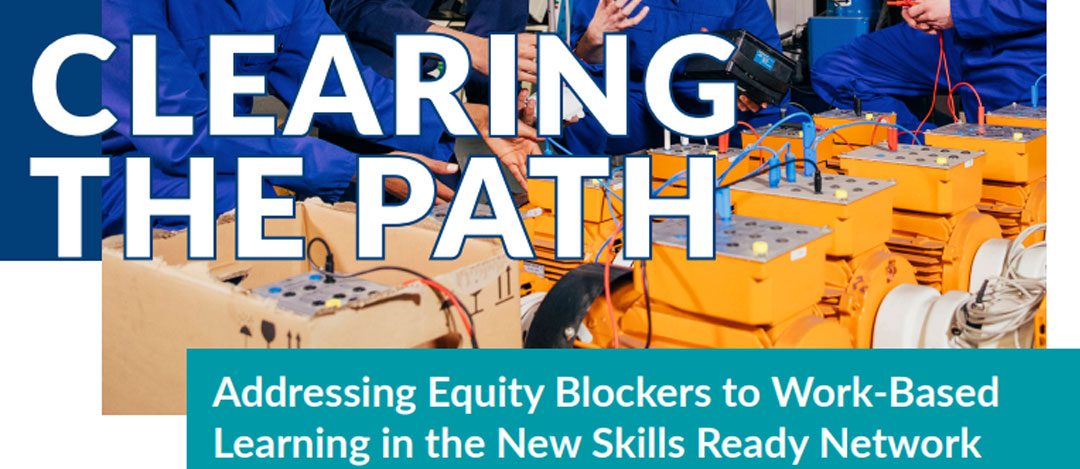
Clearing the Path: Addressing Equity Blockers to Work-Based Learning
To identify and understand the equity blockers to internships and youth apprenticeships, Education Strategy Group (ESG) conducted a cross-site analysis to collect and share findings from the six communities within the New Skills ready network (NSRN), which are generalizable to communities at large. This report outlines our key learnings across NSRN sites and opportunities for institutions to expand access and equity to internships.

 Impact Site
Impact Site Innovation Site
Innovation Site